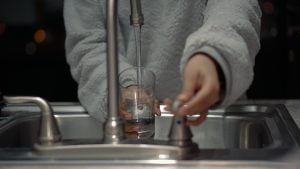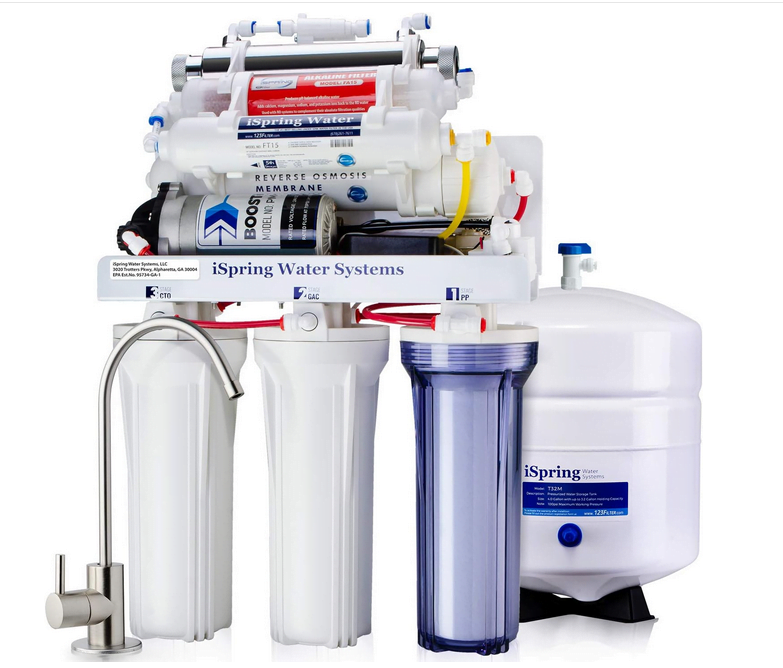
Why Do You Need A Water Filtering System ?
Best Water Filtering System
Our reliance on tap water is undeniable, yet depending on its source and regional variations, the water flowing from our taps may contain a multitude of contaminants. Most municipal water supplies undergo rigorous treatment processes to meet safety standards. With these treatments, some contaminants may persist at trace levels, and a good water filtering system helps with these issues.
1. Microbial Contaminants:
- Bacteria like E. coli
- Viruses: If not correctly treated, they can trigger various diseases.
- Protozoans, Organisms that live in the water
2. Inorganic Contaminants:
- Metals: such as lead, mercury, and arsenic can be very bad for the human body.
- Fluoride: Which is added to some water treatment facilities.
- Nitrates and Nitrites: These often stem from agricultural inputs like fertilizers and livestock waste.
- Chemicals like chlorine, and Chloramines are added to purify water.
3. Organic Chemical Contaminants:
- Agricultural Runoff: This brings pesticides and herbicides into water sources.
- Industrial Residues: These can include solvents and petrochemicals.
- Pharmaceutical Traces: Residual medicines, once consumed and excreted or directly discarded into the toilet, can find their way into water systems.
- Byproducts can be found when disinfectants react with organic substances in water.
- Synthetic Chemicals: Compounds like Per- and polyfluoroalkyl substances (PFAS), used in various products, may contaminate water supplies.
4. Radioactive Contaminants:
- Naturally occurring radioactive materials like radon and uranium or after effects from certain commercial activities can be present.
5. Other Potential Contaminants:
- Mineral Content: Elements, like calcium and magnesium, can affect water’s taste and “hardness”.
- Sediments: Infrastructure quality and water source can determine the presence of impure matter.
However, the long-term impacts of some, especially new ones like specific pharmaceuticals and PFAS, are under ongoing study.
To sum it up, If you’re concerned about your tap water quality, then you should purchase a water filtering system to remove these toxic poisons from your drinking water.
- Review your local water quality report, often provided yearly by your water provider.
- Use a water filtration system designed to remove the specific toxins found in your water supply.

I have one in my house and I love it. My tea and coffee tastes amazing.
This post may contain Amazon affiliate links. This means that if you click on one of my links and make a purchase, I may receive a commission at no extra cost to you.